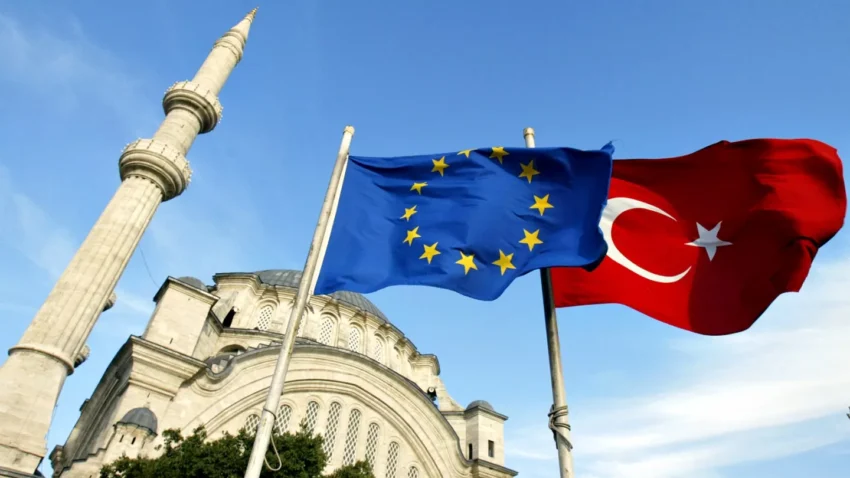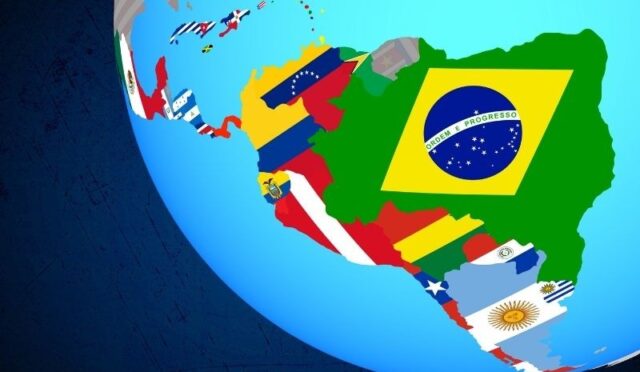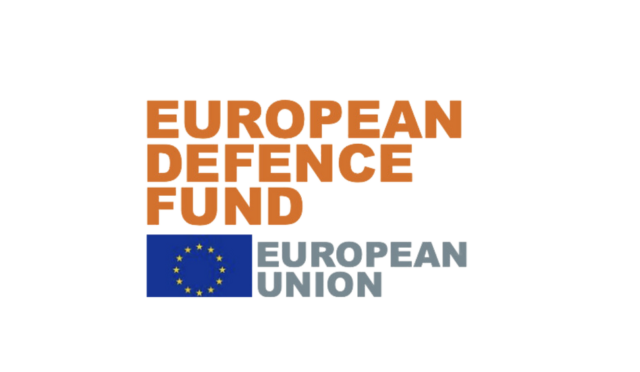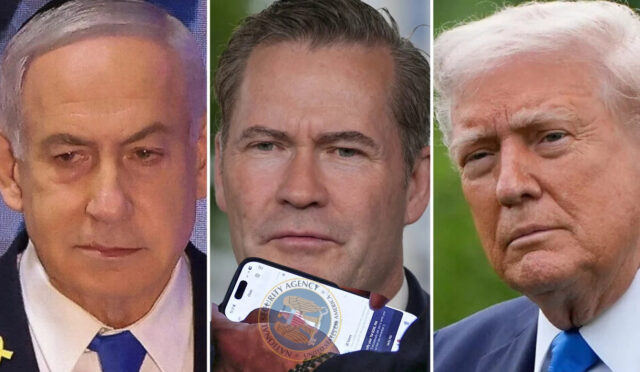In an era defined by geopolitical turbulence, Europe must recalibrate its alliances based not on historical sentiment but on emerging strategic realities. From Russia’s war in Ukraine to energy security crises and migratory pressures, the continent can no longer rely solely on its traditional pillars. In this shifting landscape, Turkey is not merely a “difficult ally” but an increasingly indispensable strategic partner.
NATO’s Quiet Backbone
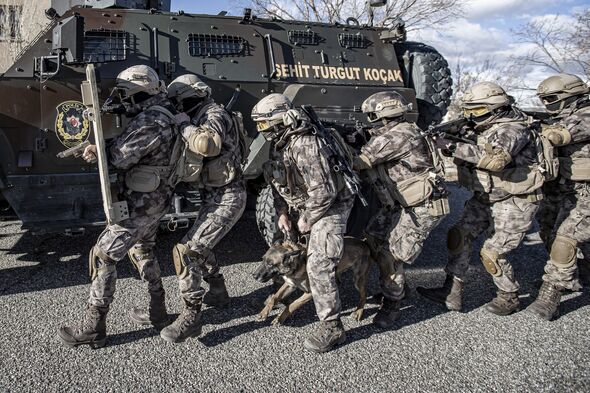
Turkey’s role in NATO is often discussed only in the context of political friction or high-level summits. Yet on the ground, Turkey hosts NATO’s second-largest army and maintains active operational presence across a swath of territory from the Black Sea to the Middle East. When Russia launched its full-scale invasion of Ukraine in 2022, Turkey swiftly stepped in to facilitate early diplomatic contact between Kyiv and Moscow. As former German Foreign Minister Sigmar Gabriel put it at the time: “Without Turkey, NATO’s eastern flank would be far more fragile.”
It may sound like flattery, but the operational facts speak for themselves.
A Strategic Filter in Migration Management
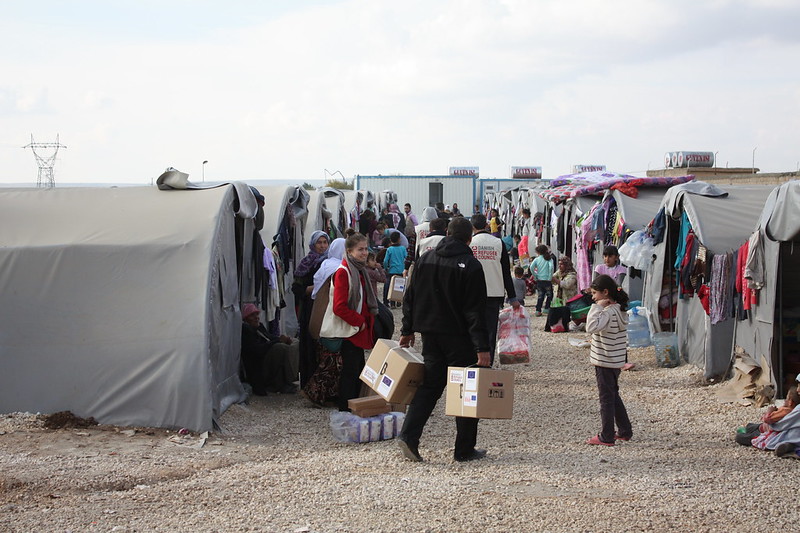
The refugee issue, which has tested the political cohesion of the European Union over the past decade, remains unresolved. Turkey, hosting nearly 4 million refugees, has not only acted as a buffer state but as a regulator in the migration chain—one of the few actors capable of influencing flows both at the source and transit points.
Hungarian Prime Minister Viktor Orbán—never known for diplomatic subtlety—said it bluntly last year in Brussels: “The EU-Turkey deal was Europe’s lifeline. It’s that simple.” Crude or not, his comment underlines an essential strategic reality.
Multi-Vector Foreign Policy: A Liability or a Model?
Criticism of Turkey’s “axis shift” has become somewhat of a European tradition. Yet when Germany calls it “strategic autonomy” or France frames it as “multilateral diplomacy,” the same behaviors are praised. Turkey’s ability to maintain economic ties with Moscow while supplying drones to Ukraine, or to remain in NATO while engaging with the Shanghai Cooperation Organization, is not confusion—it’s adaptation.
As Federica Saini Fasanotti of Italy’s ISPI think tank aptly put it: “Ankara is a case study in 21st-century diplomacy—far more agile than most European capitals.”
Europe’s Need for a New Equilibrium
Europe has for too long outsourced its core pillars: security to the U.S., energy to Russia, production to China, and logistics to fragile global chains. These dependencies fractured under the dual stress of war and pandemic. What the continent now requires is a set of resilient, regional partnerships built on mutual interests—not idealism.
Turkey, with its geography, military capability, energy transit routes, and role as a cultural interlocutor, stands out as one of the few actors capable of linking Europe to the East, the South, and the broader Muslim world.
Thus, Europe’s approach to Turkey must move beyond the tired lens of “EU candidacy.” This is not merely a question of enlargement but of architecture—security architecture, economic architecture, and diplomatic architecture.
Conclusion: Less Sentiment, More Strategy
Turkey is neither France nor Poland; neither Germany nor Hungary. It is a state with its own doctrine, societal dynamics, and national priorities. Yet this does not make collaboration impossible. On the contrary, it makes it essential.
Recognizing Turkey as a vital node in Europe’s future is not an act of charity—it’s an act of foresight. It’s time for Europe to stop asking if Turkey can be a reliable partner and start asking how to build a partnership that works in the real world.
Crossing this threshold doesn’t require courage—it requires vision.
J. E. Wittmann, Berlin-based foreign policy analyst
